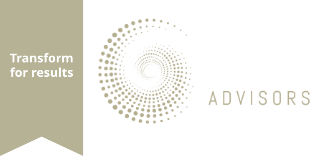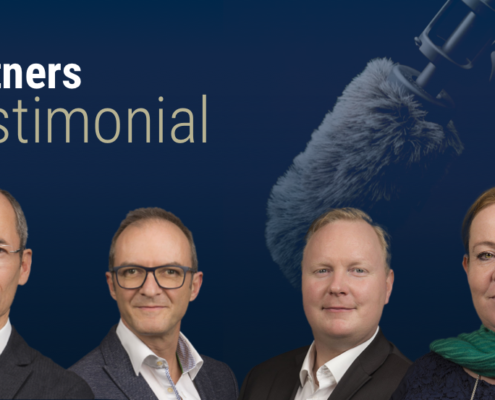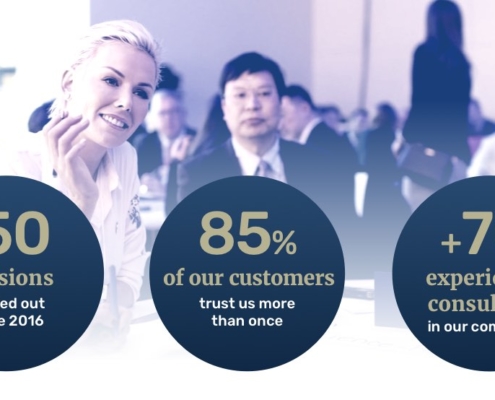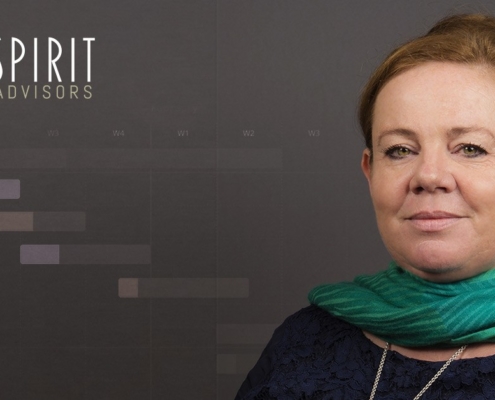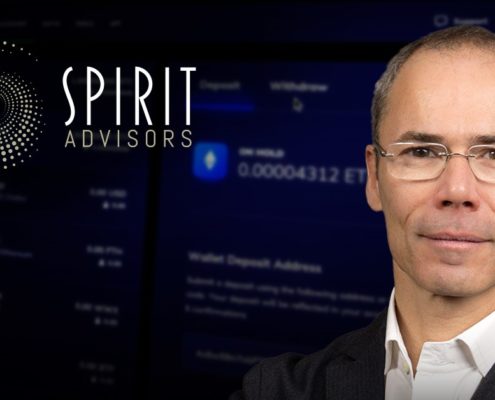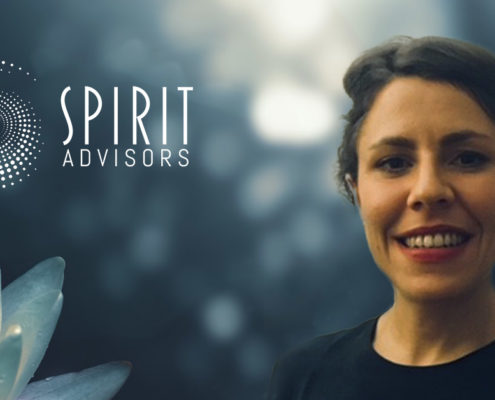Cultivating Well-being Through Change Management
A transformation project within an organization generally has 10% allies, 10% refractory and 80% hesitant to convince. The stakes are high. How does a particular ability to dialogue facilitate the management of change?
At the beginning, a business transformation project is typically supported by no more than 10 percent of a company’s workforce. At the other end of the spectrum, an equivalent portion of workers is strongly resistant to change. This leaves management with 80% of employees to convince. Meeting this challenge is crucial so far as the success of any transformation project depends on its capacity to gain support from the broadest possible basis.
Olivia works as a consultant specialized in change management management for Spirit Advisors. She intervenes to facilitate those critical transition stages that require employees to reinvent their future within the company. Olivia is often asked to what extent her communication skills can help to generate the kind of support required for a change management project to be successful.
Her answer always begins by referring to what drives her fundamentally, namely her willingness to lead people through change. Such is her vocation. As a yoga enthusiast, she practices change management on different scales: first on herself, since any authentic change is first and foremost self-change; then on other people, through her work as a consultant. Thanks to her yoga practice, Olivia has acquired a form of internal tranquility on which she relies when practicing change management in a business environment. Her sheer presence and the tranquility she communicates contribute to create an atmosphere of well-being in the workplace.
Yoga practice teaches me to listen to my body and emotions. I have developed my relational skills in relation with my clients. I am now much more sensitive to their needs, much more empathetic!
Her credo, which she shares with all the other consultants of the Inspirit community, is to get each and every member of the client’s team involved in the “co-construction” of solutions. In the case of business transformation, the point is more precisely to facilitate change management by involving the relevant parties at each stage of the project. This approach regards feedback analysis and collective brainstorming as two important sources susceptible of giving rise to practical and concerted solutions. A purely technical support is no longer sufficient. The approach must be all-encompassing. The human support is the most important. The modifications brought to the company’s processes by the transformation project must go hand in hand with an evolution in the employees’ behavior. Every employee is thus expected to play an active part in the transformation process, thereby demonstrating his understanding of and commitment to the project. It is this collective involvement that Olivia strives to coordinate through her work as a consultant. Her aim is to facilitate the collective endorsement of the project while ensuring that each party benefits from an optimum level of well-being at work.
Olivia diffuses a distinctive communicative energy and proposes different discussion formats aimed at facilitating information sharing between collaborators. Workshops, face-to-face meetings, training and coaching sessions and even informal gatherings are organized. They contribute to instill in employees a specific mindset favorable to change, a mindset on which and their professional well-being and the successful transformation of the company depends crucially.
The energizing effects of these practices are intangible but undeniably valuable.
In her daily life, Olivia keeps relentlessly engaging in a multiplicity of dialogues, whether through her personal projects or during the work meetings she organizes with her clients. Her unique talent lies in her capacity to (re)animate and (re)invigorate a group of people by relying on her sense of dialogue and her communicative enthusiasm.
After years of dedicated practice, Olivia has unlocked the secrets of yoga as a discipline that is both physical and spiritual. She then successfully combined her technical knowledge as a consultant in change management with her acquired spiritual knowledge as a yogi. This resulted in a distinct approach she gladly shares with her clients. This approach not only facilitates the deep behavioral changes that enable any lasting business transformation, but it also contributes to improving everyone’s well-being in the workplace.
